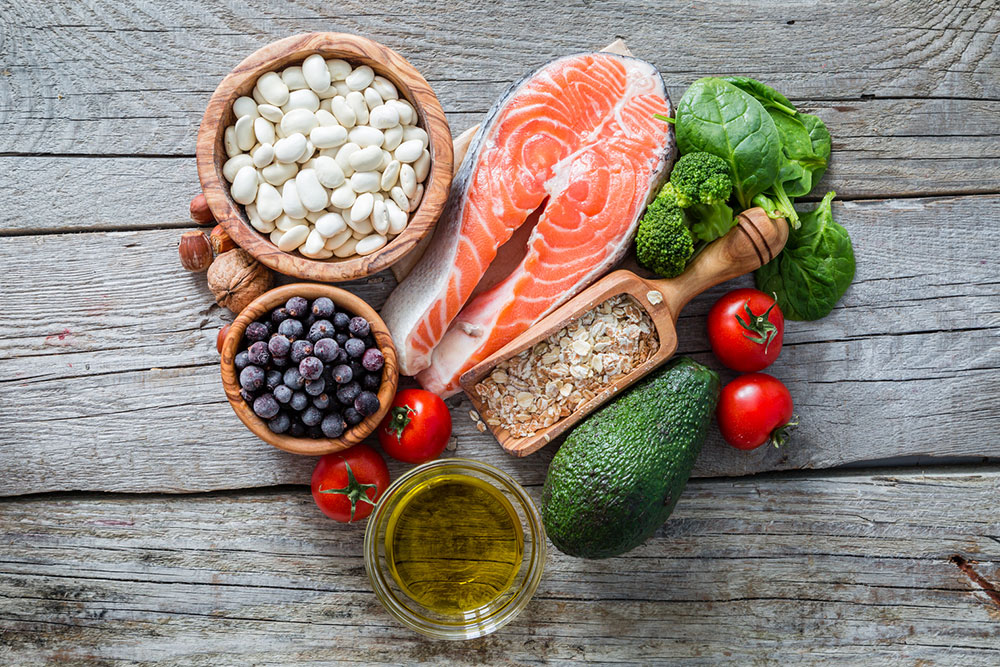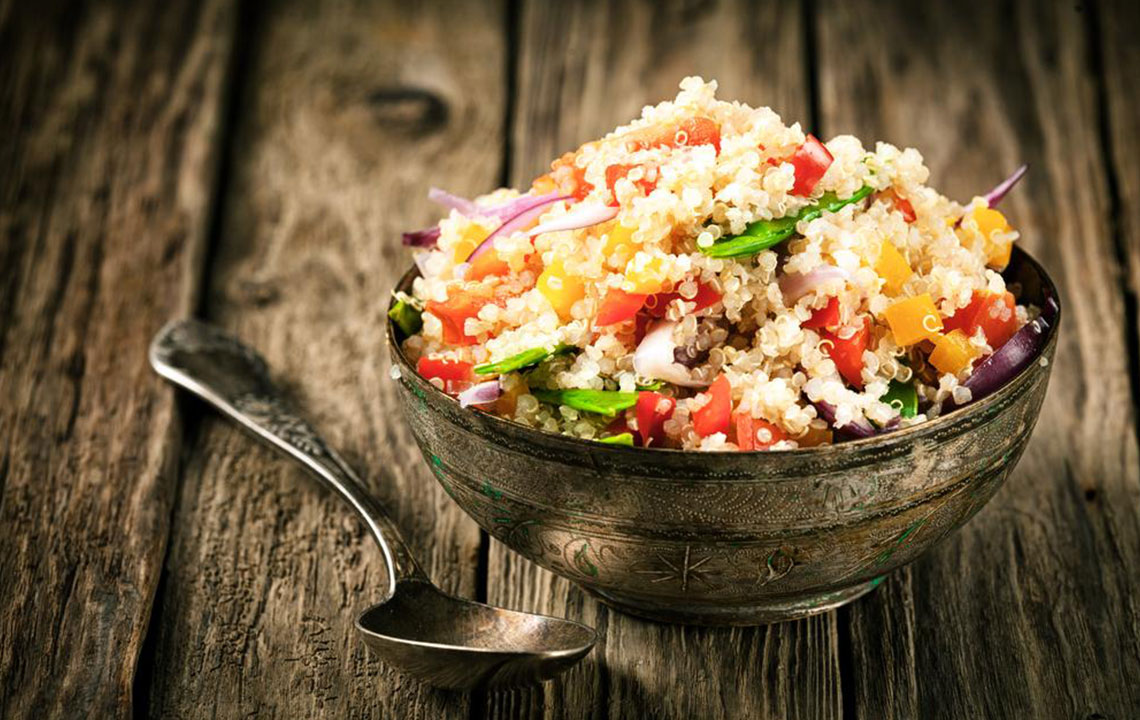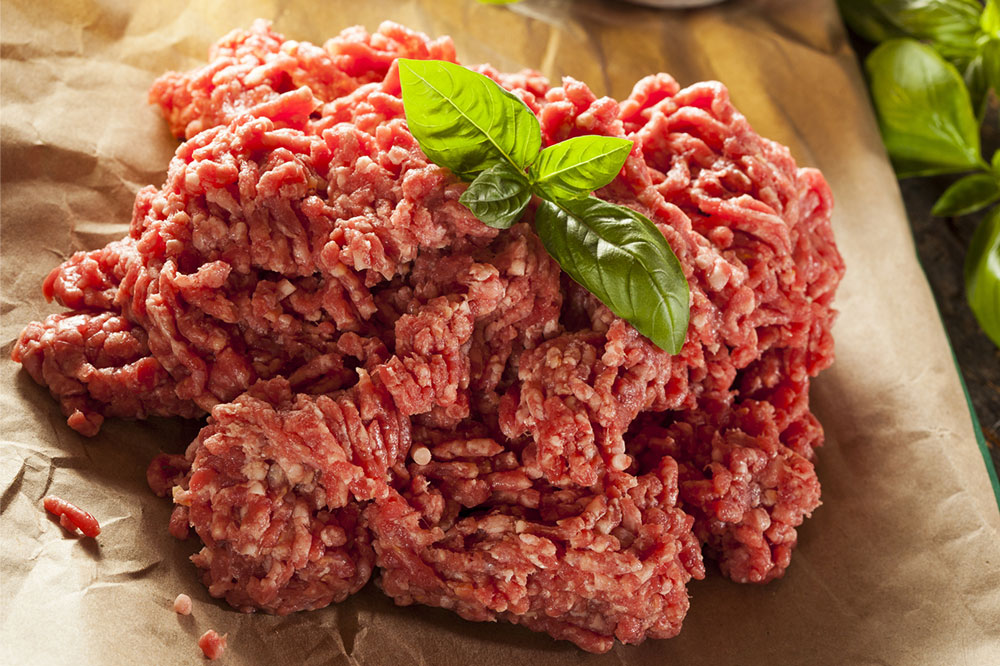Essential Nutrition Tips for Managing Diabetes Effectively
Learn effective nutrition strategies to manage diabetes by incorporating vegetables, fruits, lean proteins, and whole grains into your diet. Personalized plans with healthcare guidance are essential for optimal blood sugar control and long-term health.
Sponsored

Proper Nutrition Strategies for Diabetes Management
People living with diabetes should prioritize a well-balanced diet to regulate blood sugar levels and prevent future health complications. Incorporating vegetables, fruits, and healthy protein sources is crucial. A thoughtfully planned diet not only enhances overall health but also reduces the risk of diabetes-related issues.
After diagnosis, understanding whether you have type 1 or type 2 diabetes is important. Additionally, consulting with a dietitian helps craft a personalized nutrition plan tailored to your condition.
Maintaining a balanced diet is key to managing diabetes effectively.
Choosing the Right Foods for Diabetes
There’s no need to give up your favorite foods when diagnosed with diabetes. The goal is to create a balanced diet that emphasizes healthy options while limiting unhealthy foods. Key culprits that impact blood sugar are carbs and sugars, so moderation is essential rather than complete elimination. A dietitian will evaluate your carbohydrate intake and develop a plan suited for your metabolism, activity level, and medication use, such as insulin.
Effective diabetes management involves nutrient-rich vegetables and fruits, lean proteins, and avoiding trans fats and excessive sugar. No single food cures diabetes; success depends on careful planning and consistency, which helps maintain stable blood sugar levels.
Research shows that including nutrient-dense greens, lean proteins, and whole grains in your diet is beneficial. These foods support overall health and aid in blood sugar control.
Green Leafy Vegetables
Greens like spinach and kale are packed with vitamins, minerals, fiber, and antioxidants, with minimal impact on blood sugar. They offer calcium, vitamin A, and potassium, promoting health. These vegetables can be added easily to meals like salads, soups, or as side dishes, pairing well with lean proteins such as chicken or tofu.
Whole Grains
Whole grains are rich in fiber and nutrients, helping slow digestion and prevent blood sugar spikes. Unlike refined grains, they have a lower glycemic index and are better for diabetes management. Options like brown rice, quinoa, oats, and whole grain bread should replace white rice and bread for better blood sugar control.
Since everyone processes food differently, working with healthcare professionals is essential to develop an effective, personalized dietary plan and adopt healthier eating habits.






